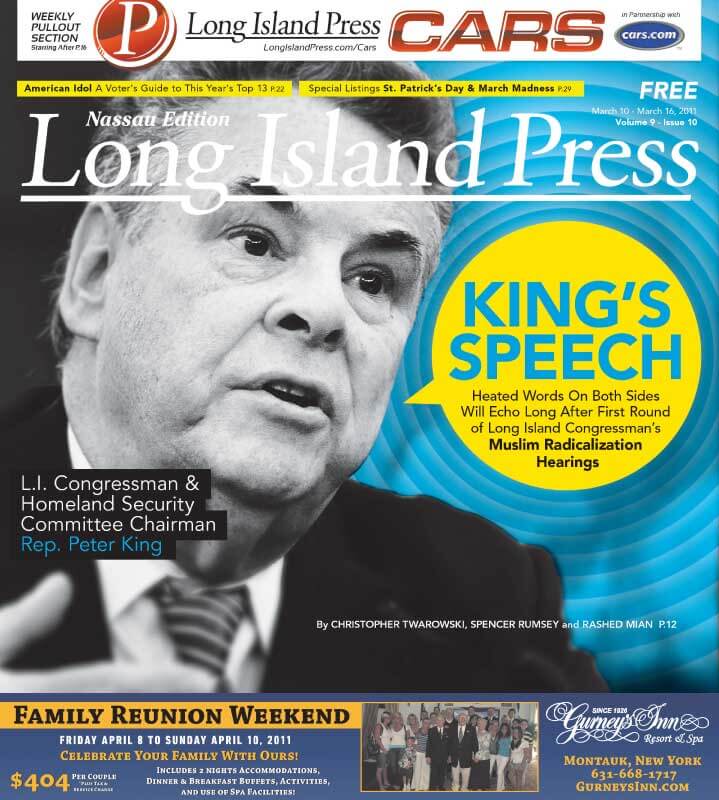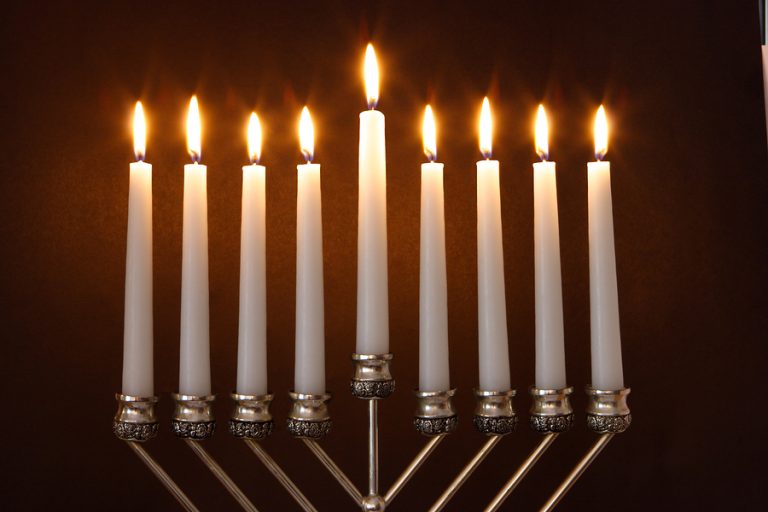WAVE OF MUTILATION
As the flames of controversy continue to flare up across the United States in anticipation of King’s hearings and its potential consequences to Muslim relations in this country and abroad, the fire of revolution is sweeping throughout the Middle East at unprecedented and historical speed.
First, Tunisia. Next Egypt. Now, Libya, Yemen, Bahrain and Algeria, with reports of suppressed pro-democracy protests in Iran and China. In many ways, the timing for what critics have described as interrogations reminiscent of the oft-baseless anti-communist accusations and investigations of the late Wisconsin Republican Sen. Joseph McCarthy in the 1950s couldn’t have come at a worse time.
Some, such as Corey Saylor, national legislative director of Washington, D.C.-based Council on American-Islamic Relations (CAIR), a group King charges has been named as an unindicted co-conspirator in a major terrorist financing case, believe the precedents set by the hearings could result in some tremendously negative consequences for the Muslim American community.
While holding short of branding King’s inquiries flat-out McCarthyism or even a “witch trial” until it actually takes place, Saylor tells the Press it’s been King’s inflammatory rhetoric leading up to the hearing and the potential negative ramifications that could result from such a forum that is most offensive.
“We wouldn’t have a problem if we thought that [the] hearing was going to be sober and objective,” says Saylor. “Our big concern comes from the Congressman’s string of anti-Muslim statements. It starts off with ‘80, 85 percent of the American Muslim leadership is extremist’ [paraphrasing King’s assessment on the prevalence of radical Jihad among U.S. mosques during a January interview on the Laura Ingraham Show, in which he quoted the head of a national Muslim organization named Sheikh Kabbani]. He has said there are too many mosques in America. More recently, he gave a radio interview in which he implied that American Muslims aren’t Americans when it comes to fighting against violent extremism.

“That 80, 85 percent quote I was talking about—that’s the opinion of one person speaking at the State Department in 1999,” Saylor continues. “And when you have the chairman of a Congressional committee putting forward one person’s opinion with no factual verification on that percentage—where did it come from?— that’s really troubling. One person’s opinion smears an entire community and the chairman on the Congressional committee continues to use it. That’s how you get the Salem Witch Trials, right?”
Saylor adds that the ammunition that such hearings may give to anti-Muslim sentiment nationwide could have a slew of repercussions.
“When you have a very legitimate platform, like a Congressional hearing, in which allegations are being thrown out that Muslims aren’t cooperating with law enforcement, I mean it can inspire everything from hate to, God forbid, possibly violence. That’s one part, but the other part is, one of the things we’re seeing in the country right now is a movement from your standard discrimination to in a number of states across the country laws have been introduced to actually result in formal government discrimination against the Muslim community.”
There may be cracks in King’s argument that the Muslim American community is uncooperative with efforts to root out would-be terrorists among their ranks, others charge.
See photos from supporters at the NYC rally
See photos from earlier “Pray-In” at Rep. Peter King’s District Office































